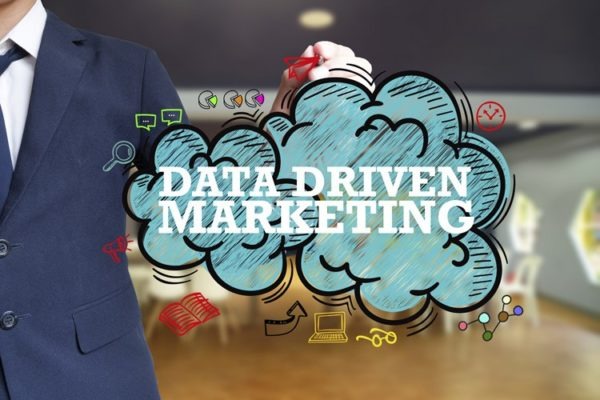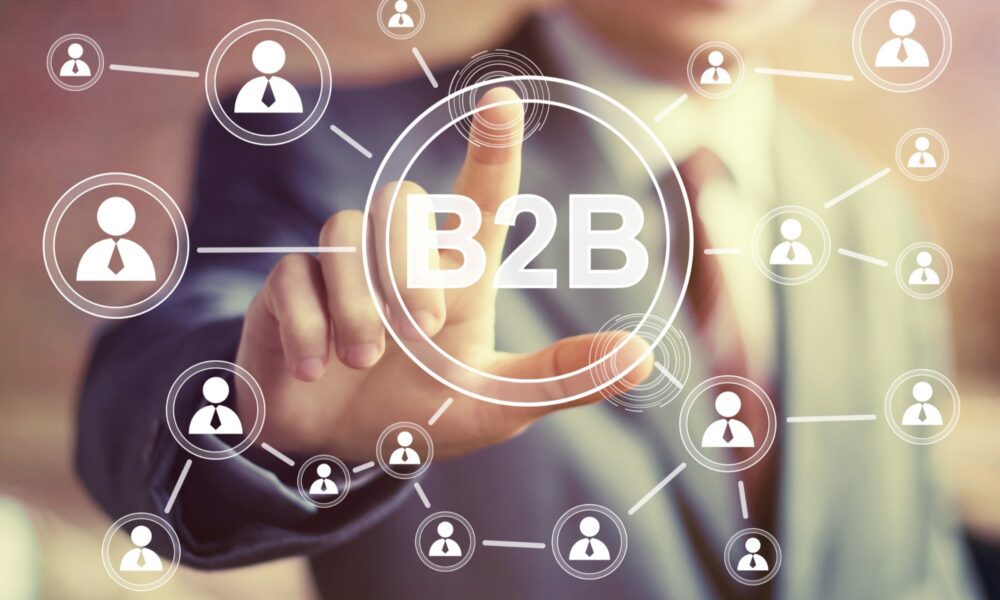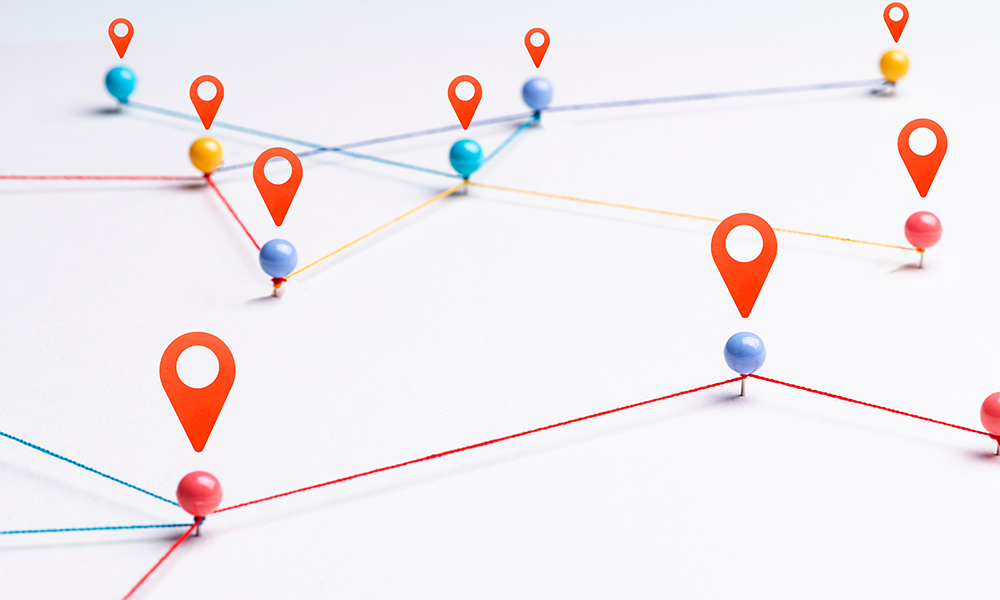As businesses continue to adapt to the digital era, data-driven marketing has become an essential tool for customer acquisition. By using data and analytics to understand consumer behavior, businesses can create targeted marketing campaigns that are more likely to convert leads into customers. In this article, we’ll explore the role of data-driven marketing in customer acquisition and how it can benefit businesses of all sizes.
What is Data-Driven Marketing?

Data-driven marketing is the practice of using data and analytics to inform marketing strategies and decisions. This includes analyzing customer behavior, preferences, and interactions with a business to create targeted campaigns that are more likely to resonate with the target audience. Data-driven marketing also involves using metrics to measure the effectiveness of marketing campaigns and adjust strategies accordingly.
The Benefits of Data-Driven Marketing for Customer Acquisition
Data-driven marketing can provide numerous benefits for businesses looking to acquire new customers. Here are a few of the most important:
- Improved targeting: By analyzing customer data, businesses can create targeted marketing campaigns that are more likely to resonate with their audience. This can lead to higher conversion rates and better ROI.
- Personalization: Data-driven marketing allows businesses to personalize their marketing messages based on customer preferences and behavior. This can help build stronger relationships with customers and increase loyalty.
- Cost savings: By targeting specific audiences, businesses can save money on marketing spend by avoiding broad, generic campaigns that may not resonate with their target audience.
- Measurable results: Data-driven marketing allows businesses to track the effectiveness of their campaigns and make data-driven decisions about future marketing strategies.
Examples of Data-Driven Marketing for Customer Acquisition
There are numerous ways that businesses can use data-driven marketing to acquire new customers. Here are a few examples:
- Retargeting: By analyzing customer behavior on their website, businesses can create retargeting campaigns that display ads to customers who have previously shown interest in their products or services.
- Email marketing: By analyzing customer data, businesses can create personalized email campaigns that are more likely to be opened and clicked on by the target audience.
- Social media advertising: By using social media analytics, businesses can create targeted advertising campaigns that are more likely to reach their target audience.
- Content marketing: By analyzing customer behavior, businesses can create targeted content that is more likely to resonate with their audience and drive traffic to their website.
Data-driven marketing is an essential tool for businesses looking to acquire new customers. By using data and analytics to understand customer behavior, businesses can create targeted campaigns that are more likely to resonate with their audience and drive conversions. The benefits of data-driven marketing include improved targeting, personalization, cost savings, and measurable results. By implementing data-driven marketing strategies, businesses can increase their chances of success in the digital era.












